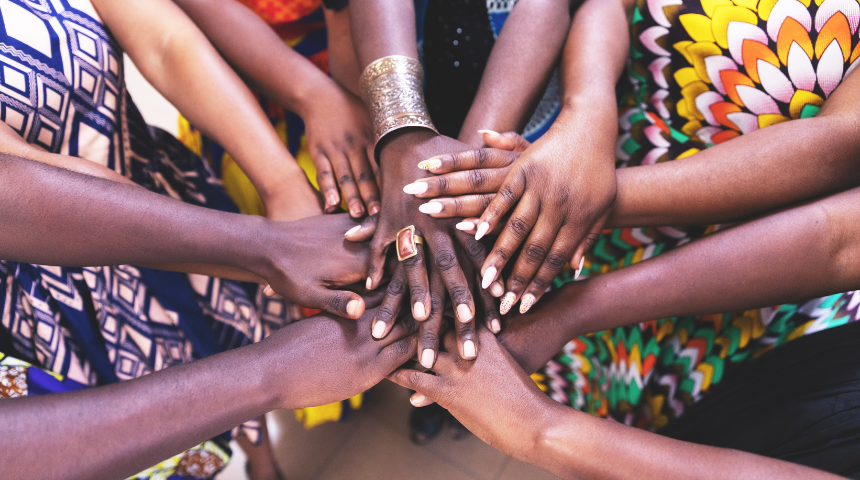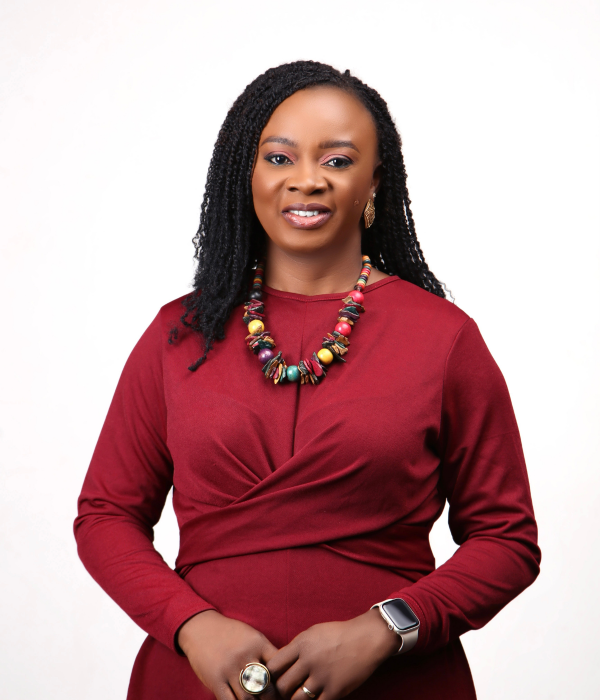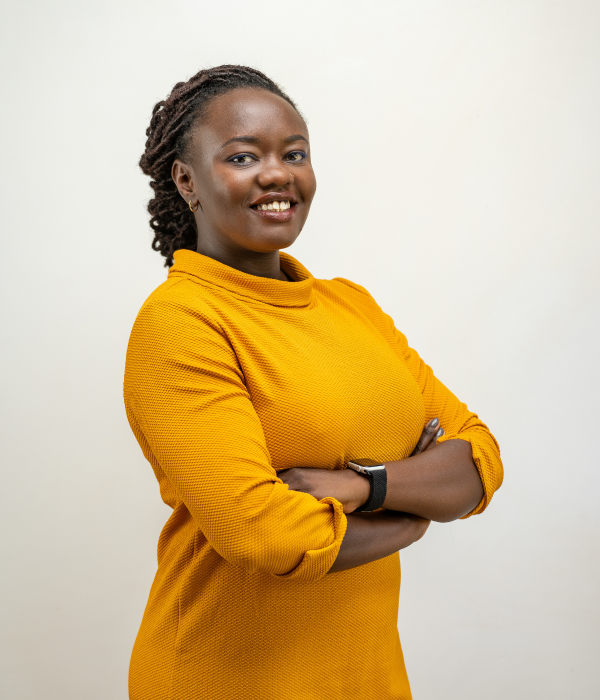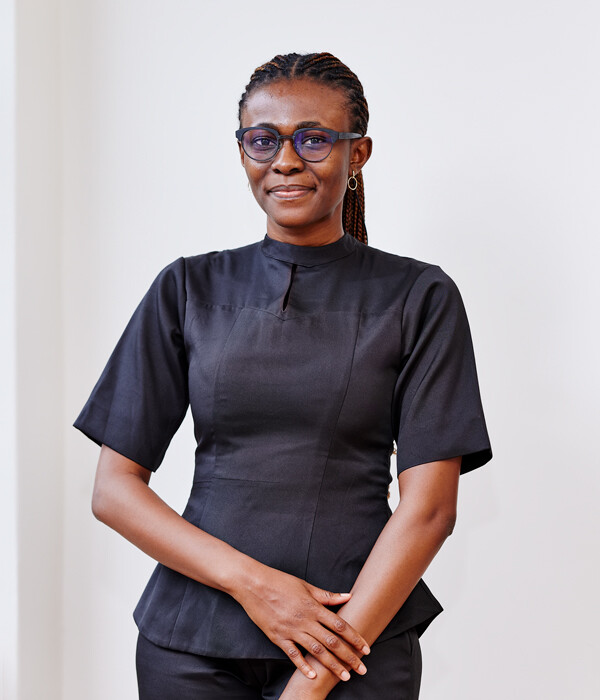We support organisations around the world working to ensure people can fully participate in civic and political life, safely challenge power, and access accurate, trustworthy information.
The context
Africa has the youngest population of any continent, with youth making up the majority in most countries. Yet, young people are underrepresented, with little access to civic participation or leadership. At the same time, many other groups are also excluded from civic and political life. While the region has benefitted from tremendous growth in access to technology, digital threats to democracy have also increased, with content in mainstream and digital media platforms becoming more polarised. We continue to see attempts at executive overreach and repression of civil society and media by governments.
Our strategic focus
Active in Africa since 2009, our work focuses on people most affected by discriminatory laws, policies, and practices. This includes underrepresented groups, such as women, youth, and religious, ethnic, and other minorities. We recognise the structural barriers they face in having the agency, voice, and freedom to participate in civic life. We work to help these groups challenge and build power. Our priority countries are Nigeria and Kenya, along with some targeted, regionally focused work in South Africa.
Our current priorities
Supporting youth civic participation and leadership that is inclusive and representative
Despite their numbers, youth are under-represented in candidate pools and in formal governance roles. There’s also a growing need to have candidates who understand this group’s challenges and values. We fund non-partisan initiatives that help young people, women, and other underrepresented groups participate in democratic institutions, and to run for office. We support initiatives that promote civic education and greater voter registration and turnout at local and national elections.
Ensuring underrepresented groups can freely express their civic and political concerns
For people to participate in civic life, they must first have citizenship rights, including the right to hold identity documents. In Kenya, where 11 per cent of the country lacks these basic legal documents, we support initiatives addressing the structural barriers that prevent full participation. For example, we fund organisations working to help people access their citizenship documents. We support advocacy and policy reform that enables inclusive documentation and registration systems. And we engage in strategic litigation, challenging the legal, administrative, and policy barriers to documentation and participation.
Supporting media and digital platforms to ensure information is accurate and inclusive
There has been a rise in attempts to spread misinformation and disinformation in our priority countries, especially at critical moments such as elections. To counter this, we support investigative journalism that addresses issues facing underrepresented groups and initiatives that focus on challenging inaccurate and misleading information.
Protecting civic space and dissent and enabling groups to challenge and build power
Across Africa, there are threats to the online and offline spaces where people can come together to discuss, participate in, and shape their societies. These threats can take the form of repression of those who challenge power, online and offline surveillance, internet shutdowns, and legislative and funding restrictions. We work with organisations that provide protection for journalists and human rights defenders who are at risk. And we support interventions that protect the ability of civil society and media to operate freely and safely.
Our partners
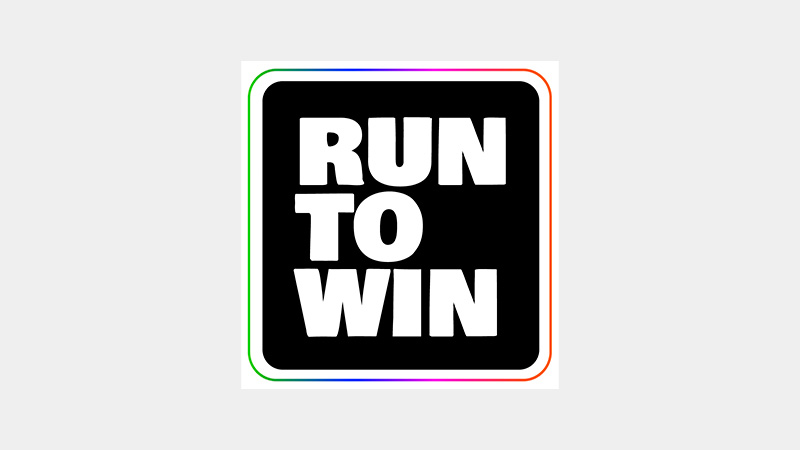
Encouraging young Nigerians to get involved in politics
Despite Africa having the youngest population in the world, youth are under-represented in electoral processes and formal leadership roles. There are also high rates of apathy and disillusionment with democracy among the younger generations. Our Future Engagement and Empowerment Initiative believes that one way to overcome voter apathy among young Nigerians is to find candidates who understand this group. Their Run To Win programme is a non-partisan initiative encouraging talented young leaders to run for office, and providing them with support, structure, and training to manage effective campaigns.
Litigating for social justice and the protection of civic space
SERAP advocates for social justice and for civil society, media, and others in Nigeria. It works to help people freely exercise their rights to participate fully in civil society and to hold their government to account without fear. The SERAP team carries out civic education programmes to help people better participate in political processes. It also employs strategic litigation as a tool for demanding justice and accountability from government and for securing remedies for victims of rights abuses.
Advancing digital and information rights in Africa
ALT Advisory is a public interest advisory and research firm working for positive change in Africa. The firm works to advance fundamental rights, enable meaningful activism, and advocate for rights‑based approaches to contemporary social justice questions on- and offline. Their projects on digital and information rights in Africa are critical to creating better laws, policies, and jurisprudence across the continent.Tackling injustice in Kenya
In Kenya, five million legal citizens face discrimination when trying to acquire identity documents due to their ethnicity or religion. They are subjected to arbitrary vetting processes, prolonged wait times, and other unjust obstacles when applying for ID cards, birth certificates, and passports. Without legal identification, these citizens cannot secure a job, apply for a loan, vote, exercise other basic rights, and access certain public services. Since 2012, Namati has trained and deployed paralegals to help communities tackle injustices related to citizenship and community land, and the environment. Paralegals have assisted more than 20,000 Kenyans apply for documentation through individual casework and mobile registration events and have reached thousands more through civic education.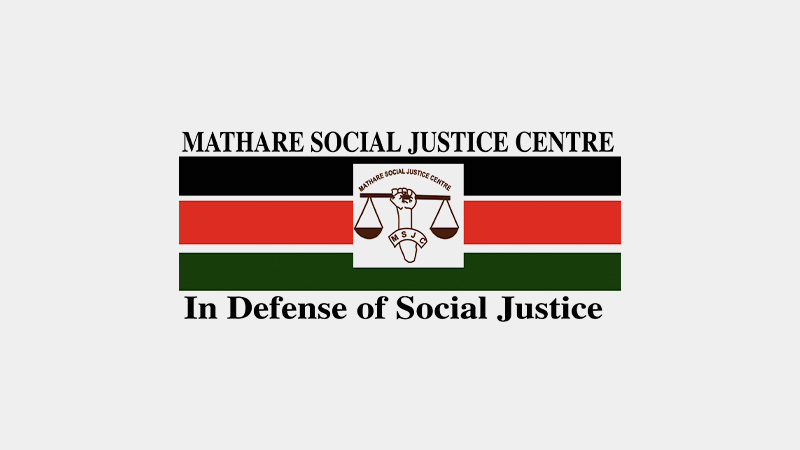
Creating a community dedicated to social justice
For years, residents of Mathare, a slum in Nairobi, have been victims of violence including land grabbing, forced evictions, police abuse, and other violations without redress. In response to this, members of the community started Mathare Social Justice Centre (MSJC), an initiative geared towards documenting human rights violations and advocating for social justice. MSJC leads a range of mobilizations, including a campaign to document extrajudicial killings, research on the right to water, and a book club for youth on African citizenship and constitutional rights. Through it all, their work is geared toward increasing citizens’ understanding of their rights so they can liberate themselves and make informed political decisions.Recent updates
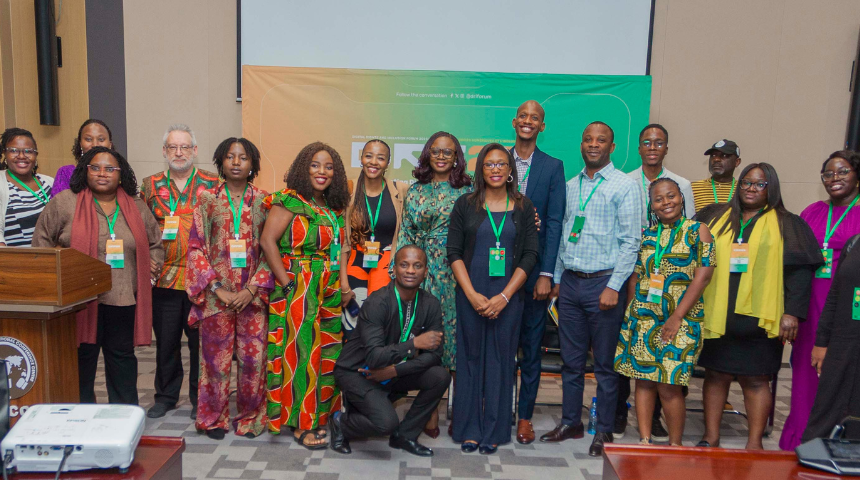
The power of collective action against online harms
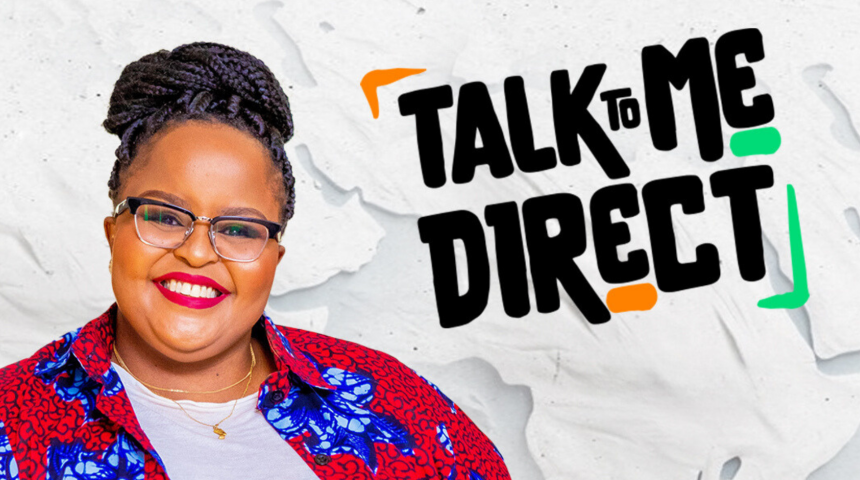
Talk To Me Direct Podcast: Conversations about Africa’s vibrant civic...
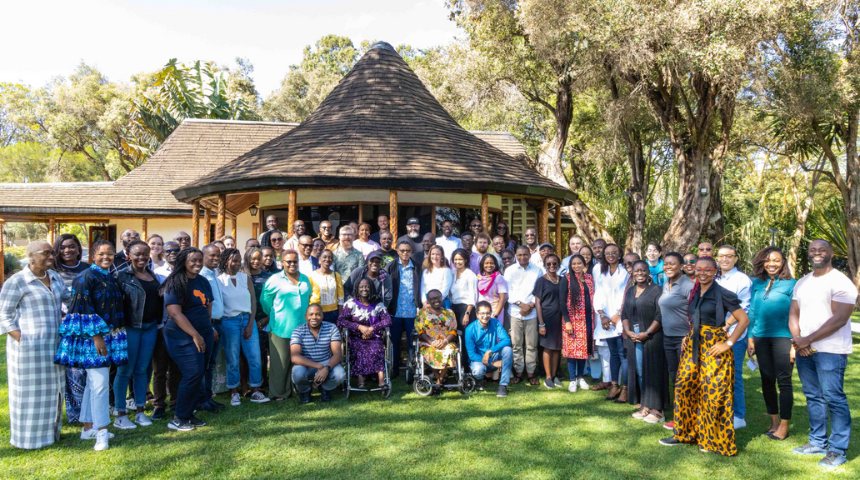
Navigating Technology's Role in African Democracy: Reflections from Luminate's...
